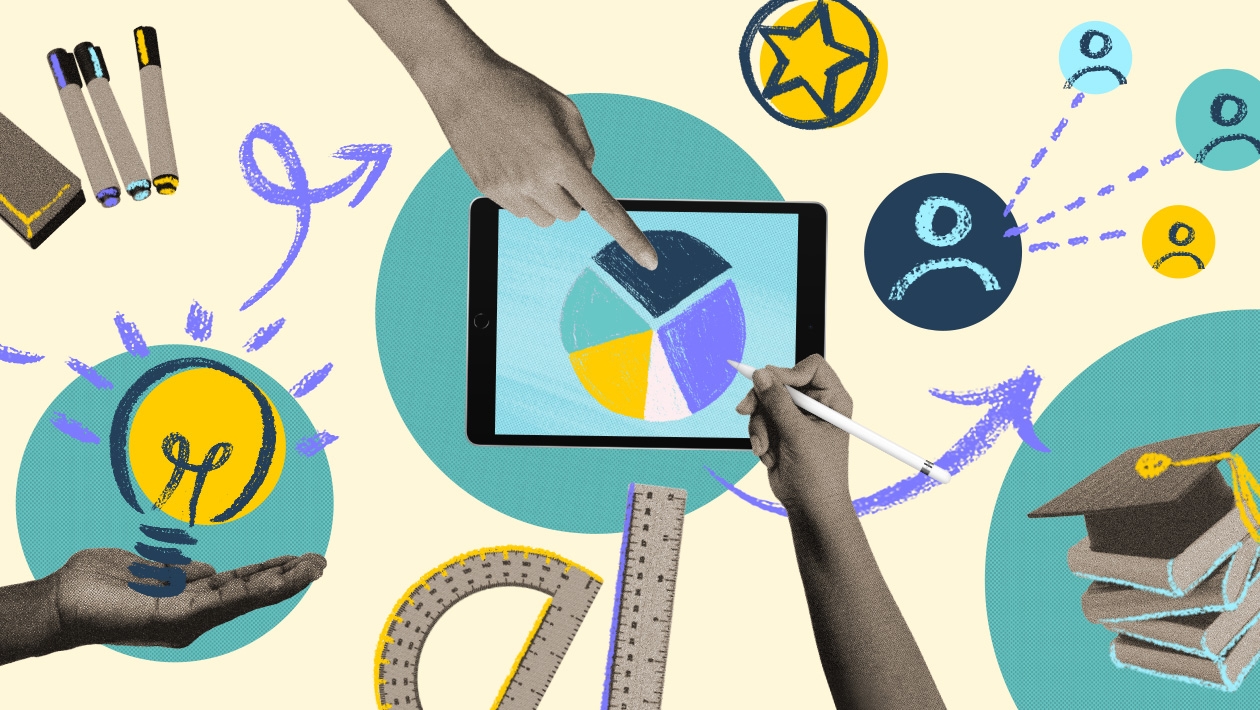Innovation – a noun or verb, a definition or label that resonates with the work we each do on a daily basis. In my hometown of Canberra many years ago, my position of leadership was Director of Digital Learning and Innovation.. and both components of that title jarred with me. I’d often rephrase it in conversation to Director of IT or just drop the ‘and innovation’ off. This was perhaps more reflective of the time, commencing in the role without 1-to-1 iPad programs and ubiquitous cloud software in schools. The first reason the title jarred with me was that digital learning and the associated skills sat in isolation (at times competition) to learning and more broadly, teaching and learning strategies and initiatives – a school’s core work. And two, that the 'and innovation' suggested it was my responsibility to find the next technological trend (or fad) and hastily advocate for its use. Due-diligence and curation didn’t appear to be glamourous or celebrated terms in edtech. I say that fairly playful now, and genuinely reflect with great pride on my time, opportunities and impact in that role, however, collectively I think we’ve matured our understanding to recognise that whilst innovation has its complexities, fundamentally it’s simply the introduction of something new (even if already implemented elsewhere) that fundamentally changes the ways of doing things. From reimagining creativity with iPad to a cyber security strategy, innovation at its core is reflected by new capabilities driven by purpose and accelerated improvement.
What’s key about our understanding of innovation (and perhaps an appreciation that I lacked in that previous role), is innovation is contextual to each school, organisation and environment. Innovation within my current K-12 setting may look very different to our colleagues/competitors up the road, and it would likely look very different to that of the Aymara people of South America pictured. Though there’s a lesson to be learnt from their smiling faces and their culture that like the Apple Education Community, is also very future focused. Where we differ perhaps is in our access to and distraction by the new and shiny, at times rapidly leaving the past behind to strive to project ourselves towards the future.
Our difference with the Aymara lies in perspective and use of language. See differing to Western culture, when talking about the future, the Aymara gesture behind themselves with a word that translate to “back or behind time” / time not yet upon us, and when discussing the past, they gesture forwards with the word “front time”. They obviously lead quite a different life to ours but illustrate in their understanding of the future and perhaps innovation that we’ve got so much to learn from what has gone before us as well as the reminder that decisions about technological change require deep understanding of the cognitive, social and psychological needs of those around us in our Schools. It reflects what I now firmly believe which is that innovation travels on a wave of empathy and at the speed of trust.
Resource:
The following workshop was first facilitated in November 2023 at DigiCon, held at ACMI in Melbourne, then refined and presented at the ANZ Apple Education Community Summit in July 2024. The intention of the session was to support teachers and aspiring leaders with scaffolds and tools to leverage when collaboratively driving innovation with technology.
The downloadable Keynote may be of interest or use with key reflections and themes outlined below:
🔍 Confidence and humility – the importance of embodying these qualities in tandem (Adam Grant) with integrity. Reflecting on leadership attributes and characteristics of change makers.. system thinker, storyteller, designer, etc.
💚 Innovation founded on empathy – a ‘how might we..’ mindset, relentless collective focus on impact and appreciation of system needs.
💡 Case for Change – deeply understanding opportunities/problems and identifying conditions (changes to school culture, systems, learning experiences, outcomes, etc) that are teacher-centred and learner-focused.


.png)







May 05, 2024 . English
English
Thank you for sharing your insights and thoughts. You certainly have outlined an important way to define and identify innovation. Appreciate also your Keynote.
This action is unavailable while under moderation.
This action is unavailable while under moderation.